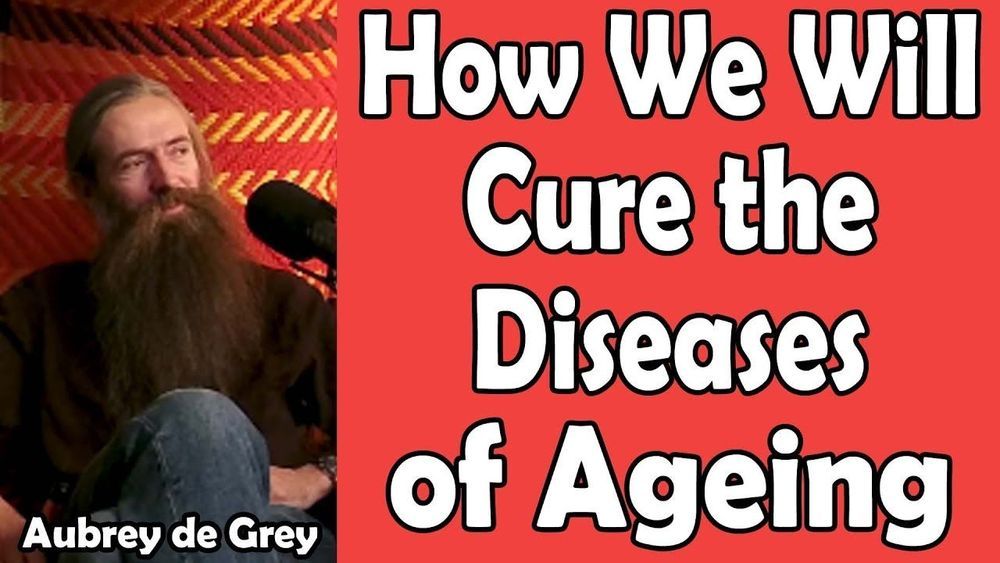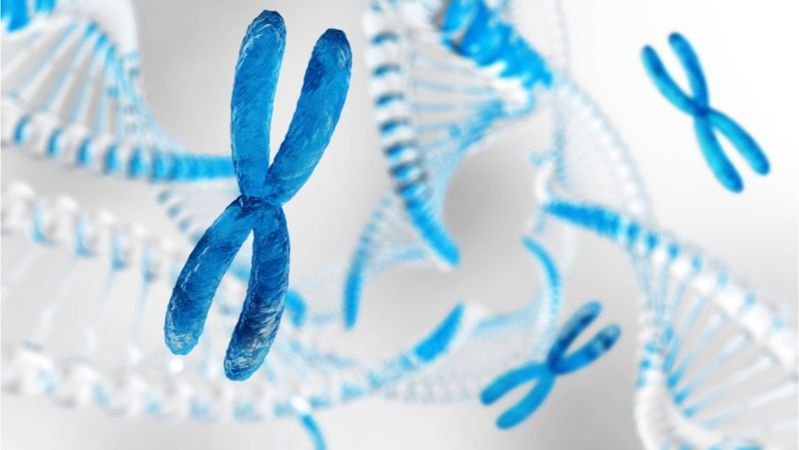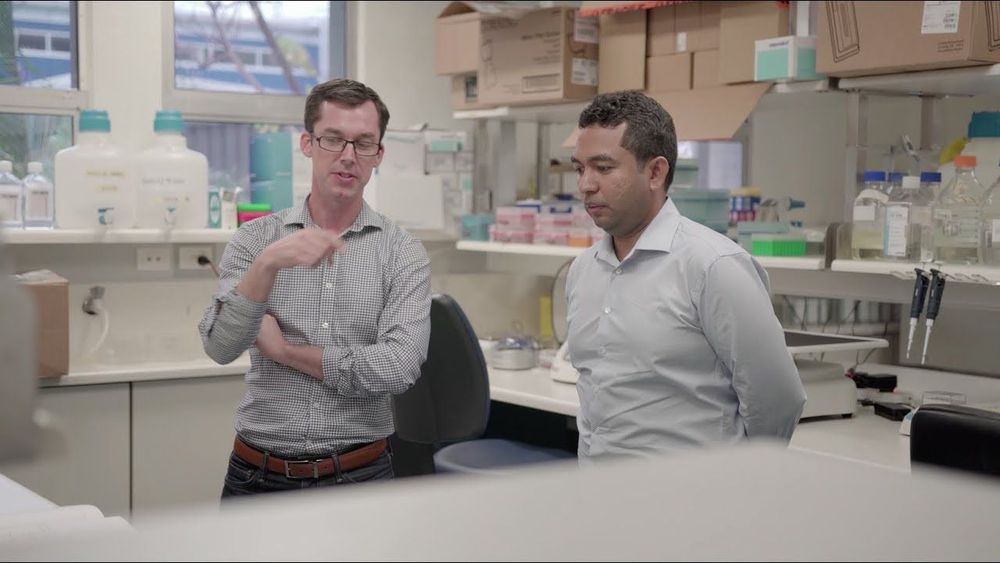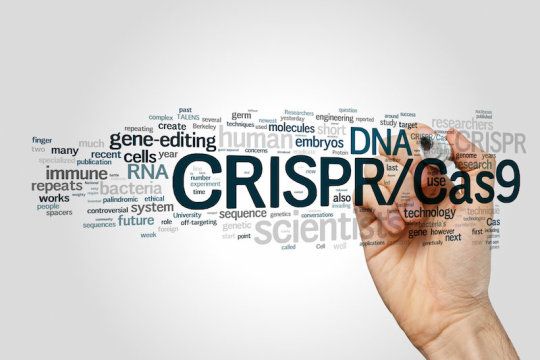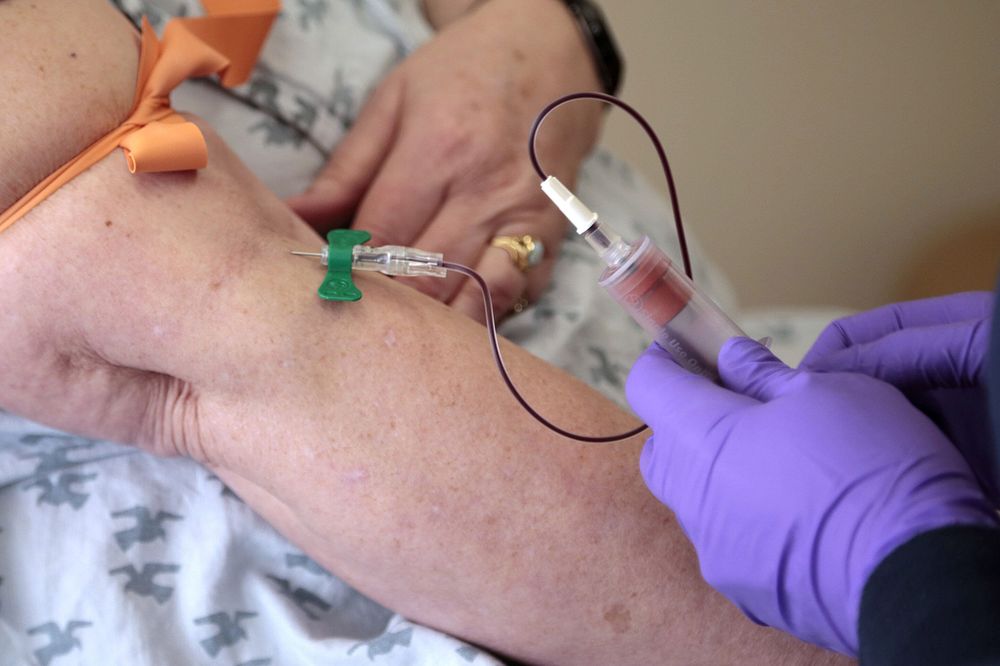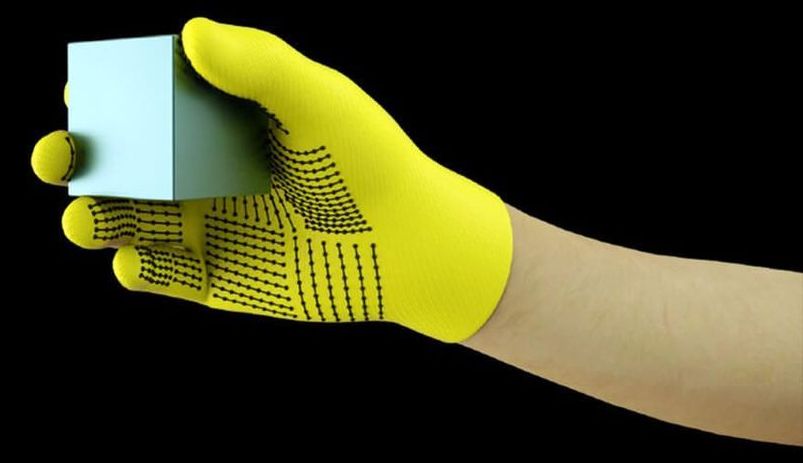Jun 4, 2019
How We Will Cure The Diseases of Ageing — with Aubrey de Grey
Posted by Paul Battista in categories: biotech/medical, life extension
https://www.youtube.com/watch?v=jplaE-CO0hQ
28 November 2017
Rejuvenation is a medical discipline focused on the practical reversal of the aging process.
Rejuvenation is distinct from life extension. Life extension strategies often study the causes of aging and try to oppose those causes in order to slow aging. Rejuvenation is the reversal of aging and thus requires a different strategy, namely repair of the damage that is associated with aging or replacement of damaged tissue with new tissue. Rejuvenation can be a means of life extension, but most life extension strategies do not involve rejuvenation.
Continue reading “How We Will Cure The Diseases of Ageing — with Aubrey de Grey” »
